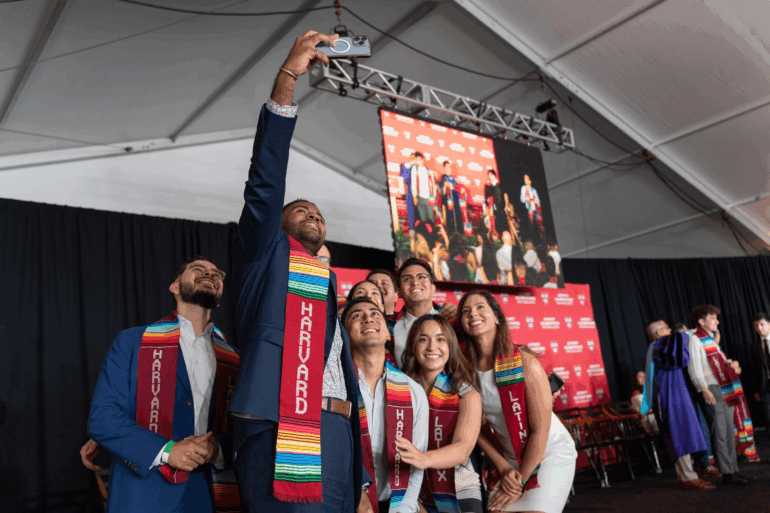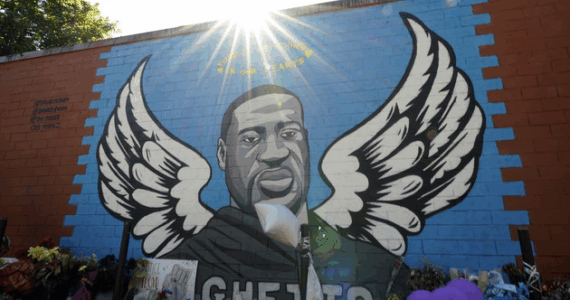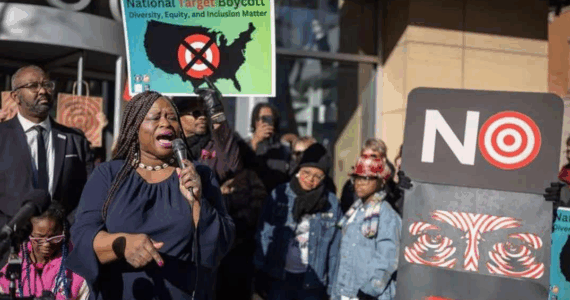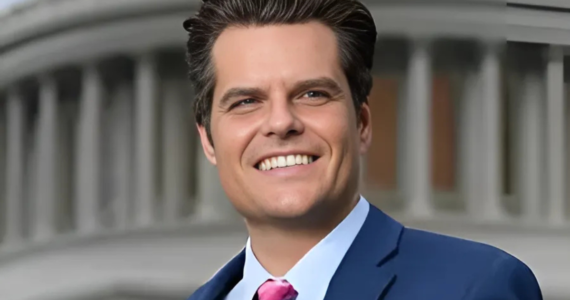In April 2025, Harvard University made headlines after it announced it would no longer fund or host affinity group graduation celebrations, including the long-standing Black Graduation ceremony. The move has sparked intense backlash and ignited debates about race, inclusion, and academic freedom.
Why Harvard Ended Affinity Graduation Funding
The decision came in response to mounting pressure from the Trump administration, which threatened to withhold federal funding from institutions supporting diversity, equity, and inclusion (DEI) programs deemed discriminatory. The U.S. Department of Education specifically flagged race-based events as potentially violating federal anti-discrimination laws.
As a result, Harvard ceased official support for all affinity-based graduation events, including those for Black, Latinx, LGBTQ+, first-generation, and low-income students.
Student and Alumni Response
Despite the loss of institutional support, students and alumni rallied together to keep the traditions alive. Independent affinity graduation events were held off-campus at alternative venues, such as local churches and hotels.
The Black Graduation ceremony, in particular, continued with strong support from the community and featured Pulitzer Prize-winning journalist Nikole Hannah-Jones as a keynote speaker. Organizers emphasized that these celebrations are vital for recognizing the unique journeys and resilience of marginalized students.
Campus Backlash and National Debate
The move drew sharp criticism from students, faculty, and national advocacy groups who saw Harvard’s action as a capitulation to political pressure. Many argue that affinity celebrations are not about exclusion, but about inclusion—providing students with spaces to celebrate identities that are often overlooked.
Harvard, for its part, has maintained that it remains committed to fostering an inclusive environment while also complying with federal laws.
What’s Next for Affinity Celebrations at Harvard?
The future of affinity graduations at Harvard remains uncertain. Legal scrutiny around DEI programs is intensifying under the Trump administration, forcing universities nationwide to rethink how they support marginalized students.
Student leaders at Harvard are now exploring ways to institutionalize these events independently of university funding—potentially through alumni donations, endowments, or partnerships with nonprofits.
What Do You Think?
Should Harvard have pushed back against federal pressure, or was this the right call in today’s political climate? Drop your thoughts in the comments. for more updates on this story.
Follow MEFeater on Twitter, Instagram, Facebook, and Pinterest for more news and updates.










